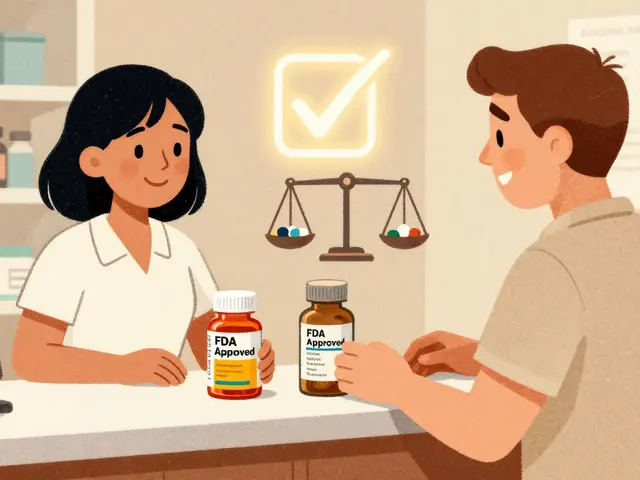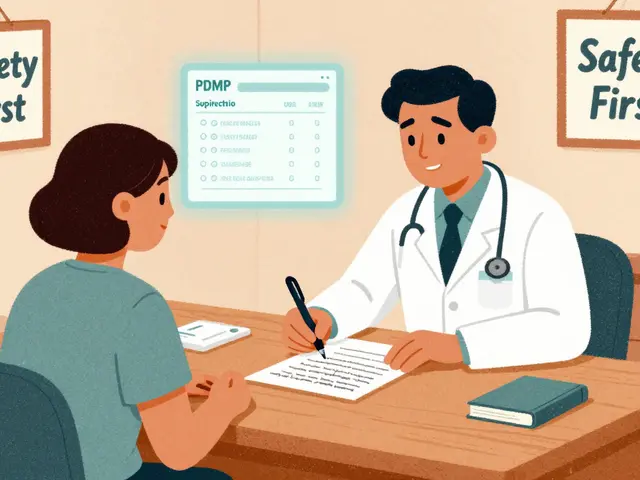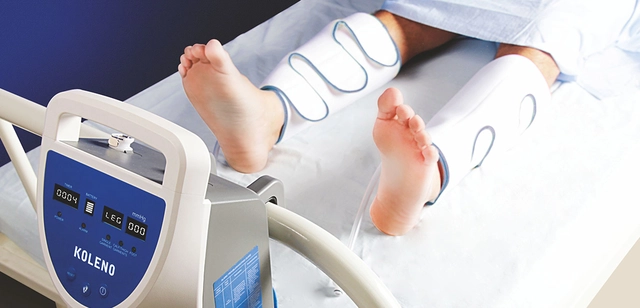Reproductive Health: Practical Guide to Fertility, Contraception & Care
Reproductive health covers periods, fertility, contraception, sexually transmitted infections (STIs), pregnancy planning and sexual function. You don't need medical training to take simple, effective steps that protect your body and choices. Read these practical tips to act now, ask better questions, and find the right care.
Start with the basics: know your cycle and risks. Track periods for three months - note length, flow, and pain. Irregular cycles, very heavy bleeding, or sudden changes matter. They can point to hormonal imbalances, thyroid problems, or fibroids. If your cycle is off and it affects daily life, book a check-up; basic blood tests and an ultrasound often clarify things fast.
Contraception that fits your life
Pick a method you can stick with. Daily pills work if you remember them; long-acting options like IUDs and implants offer "set and forget" protection for years. Condoms protect against STIs and pregnancy - use them with other methods for extra safety. If you miss a pill or have unprotected sex, emergency contraception is most effective within 72 hours but can work up to 5 days depending on the type. Get it from a pharmacy or clinic and don't wait.
Want to stop or change a method? Talk to your clinician about side effects and switching options. Some changes are simple; some need a brief exam or blood tests.
Preparing for pregnancy and fertility basics
If you're trying to conceive, start with common sense. Take folic acid 400-800 mcg daily at least one month before trying and during early pregnancy to cut neural tube defect risk. Keep a healthy weight, limit alcohol, quit smoking, and check medications - some need changing before conception. Track ovulation with temperature charts or ovulation kits to spot your fertile window. If you're under 35 and haven’t conceived after a year, or after six months if over 35, see a fertility specialist.
Men have actions too: avoid hot baths, excessive alcohol, and tight underwear when trying to improve sperm quality. A simple semen analysis and a short lifestyle plan can make a big difference.
STI testing is easy and important. Get tested if you change partners, have symptoms, or before trying for pregnancy. Many clinics and pharmacies offer quick tests and clear advice. Treat positive results promptly so they don't affect fertility or pregnancy.
Be careful with medications and supplements. Check with a clinician or a trusted pharmacy resource before buying drugs online. Some antibiotics, hormones, and supplements interact with contraceptives or affect pregnancy planning.
Finally, don't ignore sexual health problems like pain during sex, low desire, or erectile issues. These are common and treatable. A clinician can suggest simple fixes or refer you to the right specialist.
Small actions - tracking cycles, choosing a reliable contraceptive, getting tested, and checking medicines - add up to better reproductive health. Start with one step today and get help when you need it.
Need help finding care? Use local sexual health clinics, your GP, or a trusted pharmacy. Bring a list of current medicines, ask about costs and tests, and book a follow-up soon.










